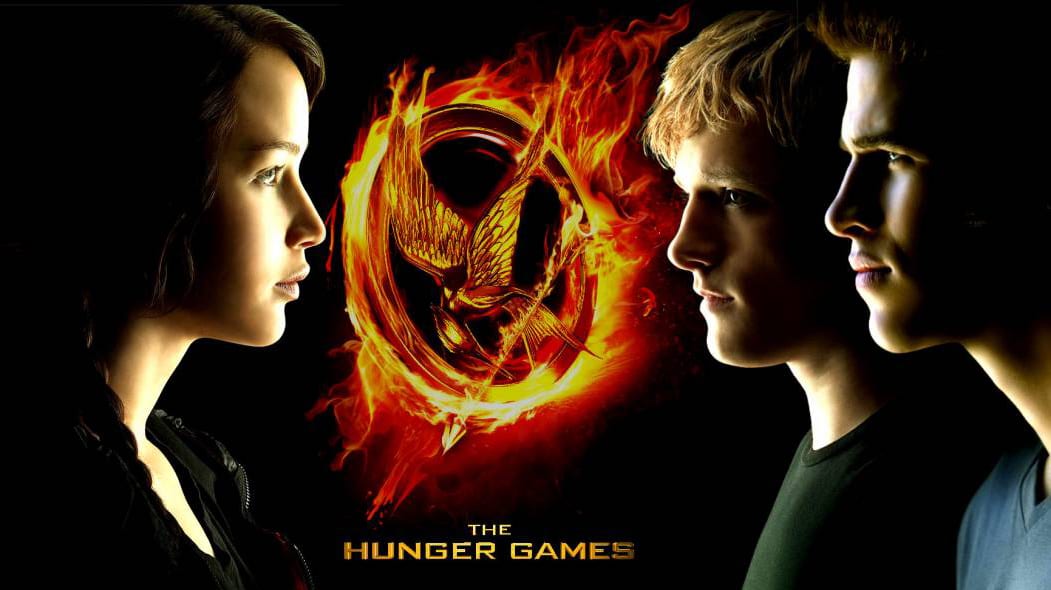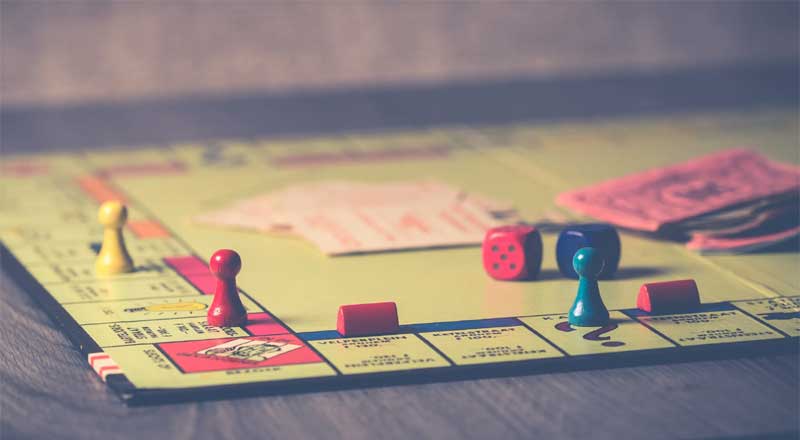 “A little hope is good,” says the wicked President Snow in the best-selling science fiction novel, The Hunger Games. “But too much hope is very dangerous.”
“A little hope is good,” says the wicked President Snow in the best-selling science fiction novel, The Hunger Games. “But too much hope is very dangerous.”
Not sure how I missed the 23 million copies of Suzanne Collins’ novel containing that brilliant, chilling line that have sold since 2008. But I had never heard of the Young Adult trilogy until my 10-year-old daughter told me she wanted to see the movie. A precocious classmate who’d read the series in third grade had recommended it.
So I went out and read the book. And shortly afterwards, my 10-year-old and I went to see the movie together. She was the youngest person in the theater. The audience was largely teenagers, one of whom confessed she was seeing the movie for the third time in two weeks.
The next day I debated the merits of allowing 10-year-olds to read and watch what they please on Michel Martin’s NPR show, Tell Me More.
First, I am happy to report that Hollywood and the nation’s fiction writers are cooking up such high-quality, thought-provoking, nuanced and character-rich fare for our teenagers. This is no mindless “That’s So Raven” or” Zoey 101″ shlock. Both the book and the movie were provocative and well-scripted, on par with other teenage dystopia fiction such as Lord of the Flies and Animal Farm. The narrative’s main theme is injustice – power-crazed adults who force teenagers to battle and kill each other once a year, complete with parades of 13-year-old competitors and their gory deaths broadcast on national television — and victory over that injustice.
A dark yet hopeful plot line sure to tantalize teenagers of any generation. Because teenagers, and perhaps a few 10-year-olds, know what it is to be filled with hope that you can change the world.
The Hunger Games also brims with themes of loyalty, courage, love, and the life-saving quality of trust among friends. Intriguing subplots include adult abnegation of responsibility, political corruption, societal bullying, the banality of reality TV, and the dangers of shallow luxurious excess. In addition to the violence everyone is talking about.
My 10-year-old daughter, who is not quite literate enough to handle The Hunger Games’ grammar and vocabulary, loved the movie as much as I did. I had to whisper a few warnings and plot translations in the dark theater. But essentially, she enjoyed the gravitas and drama. As for the violence, toned down to meet a PG-13 rating: frankly, we both found the previews for other movies to be far more frightening.
No doubt the idea of adults forcing teenagers to battle like gladiators for their own viewing pleasure is deeply disturbing. However, who are parents protecting when we refuse to expose our kids to a book like The Hunger Games? Kids know at an early age that life itself is disturbing. Most children are exposed in elementary school to bullying, favoritism, injustice, family deaths, divorce, even sexual abuse, family violence, and sometime deadly violence in their own communities.
By refusing to let our kids read or watch such “adult” fare, perhaps the only people we shelter are ourselves. We adults have a tendency to glamorize childhood, with an understandable desire to shield our kids from the realities of life. However, this instinct, taken to extremes, blocks kids from the path to adulthood. In some ways, it is more destructive to shield children from life’s grimmer truths. The message becomes “You can’t change the world because it is too dangerous and you are not strong enough” instead of “You can do it — go ahead and try to fix what’s wrong out there.”
I’m not advocating premature exposure to violence. I, for one, have always banned gratuitously violent cartoons, video games, TV shows and movies from my household. Grand Theft Auto, for instance, wouldn’t survive long in my living room. But there is a rationale for kids to be exposed to some of life’s realities first via fiction, like Old Yeller, Julie of the Wolves, and The Hunger Games.
After all, fairy tales were invented to expose even very young children to a digestible level of life’s potential horrors. Stories, read or told, in many ways are far less disturbing than reality TV or big screen depictions of violence; your imagination works as a filter to titrate the dosage your mind can handle.
I don’t believe in censoring books for kids of any age. Now, if my kids wanted to read my own book about domestic violence, Crazy Love, or something like 50 Shades of Grey, I might suggest waiting a few years — or reading a chapter to see if nightmares ensued. But I would let them.
While watching The Hunger Games, the one plot detail that escaped my daughter was the narrative’s timing, based in a future, post-apocalyptic world called Panem. As I tucked her into bed that night, she was surprised when I explained that the time frame was the future, not the past. In her mind, she and her generation own the future; it belongs to them. The past, those backward, troubling, olden days, belong to me as her mother. Her response would have troubled President Snow — and revitalized The Hunger Games heroine, Katniss.
“Mom,” my daughter whispered in distress as she settled in for the night — warm and safe under the covers. “I always hoped the future would be a lot nicer than that.”





